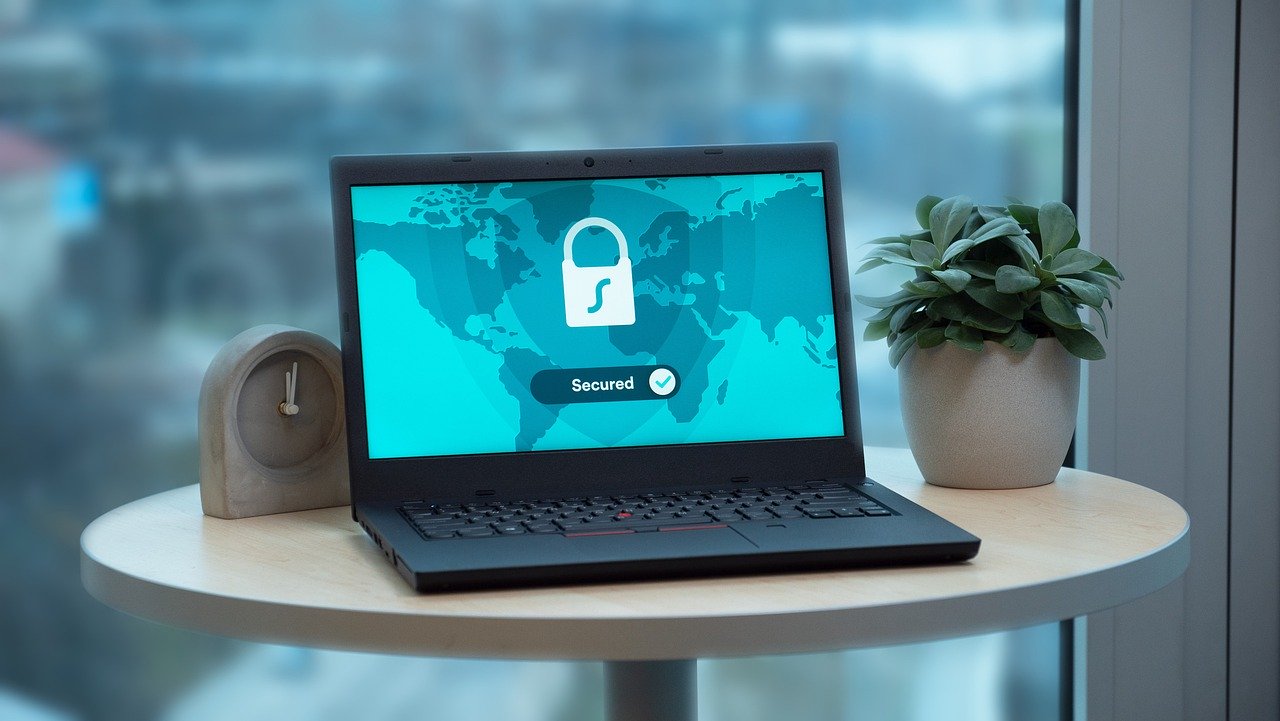Have you ever asked yourself “how can I protect my privacy online?” Browsing the internet comes with its challenges that include hacking, malware injection on your device, ransomware attacks, and even identity theft. That’s why securing your online data should be a your top priority for protecting your important business data.
The following are 8 best ways on how to protect your privacy online.
Table of Contents
1. Avoid using weak passwords
A password is a key that protects data from criminals. Use unique passwords with upper and lower cases, symbols, and numbers to make passwords complex and hard to unlock. It’s also advisable to avoid using the same password across all your accounts because this can make you vulnerable to cyber-attacks if there is a breach. Easy to guess passwords are also a privacy risk because hackers have a nose for sniffing up passwords given the slightest clue. Change passwords often to stay ahead of cybercriminals.
2. Verify the website’s security
It’s crucial to verify that the website you are on is the correct one before you authorize any payments. Cybercriminals create sites that look identical to others to steal from you. Always ensure that you use sites that have Url that have https://. If it does not have an “s,” which means secure, avoid it, especially when doing cash transactions online. Your web browser will also show a closed padlock to depict the site is secure, as opposed to an open one for unsecured sites.
3. Install an up-to-date antivirus program
An up to date antivirus program should be running on your device every time you are online. An antivirus program ensures that malware and other unauthorized programs do not impose themselves on your system to take control or slow it down.
4. Use a reliable VPN
Connecting to public networks will expose you to security risks. A reliable VPN helps protect your privacy online. A good VPN should provide highly advanced functionality that combines high security and privacy standards, and budget-friendly pricing of its products. It should have fast speeds and a huge number of worldwide servers.
5. Avoid clicking on links and attachments
Not every link or attachment is safe online because, with just one click, it could direct you to the hacker’s den. Avoid clicking on any link or attachment before you verify that it’s from a source you can trust. In case you are in doubt, it won’t hurt calling directly to fact check if the link or attachment is authentic. You can also type the URL manually because it’s better to be safe than sorry.
6. Avoid oversharing your information on social networks
Information is a powerful tool that can make or break a person. So the more information you put out there, the more you risk falling prey to cybercriminals. It is advisable to share information that is limited to only what you do.
7. Take extra careful when posting online
When posting online, you should be extra cautious because the internet never forgets. You can bring down a post from your social media page, but that does not mean that you have permanently erased it. Other users can make a copy then use it when it’s convenient for them to do so. Such pictures or posts might pop up later when you are the front runner in an election or during a job interview when a prospective employer decides to do a background check. Reckless use of social media can destroy marriages, political, and professional careers.
8. Exercise caution when downloading files online
Cybercriminals will use any means to install malware on your device; that’s why you must be cautious and only download apps and files from sites that you trust to your device. Hackers are smart, and they may use a game that seems harmless to embed spyware, malware, or a virus that will help them gain control of your computer or mobile device and steal or destroy relevant data.
Conclusion
While browsing the internet is the easiest way to get so many things done with just the click of a button, you can equally lose everything by the touch of the same button. Always remember staying safe while online is a personal responsibility, and the decisions you make when you are on the internet can protect you or expose you to cybercriminals. Observing the above points can help protect your online privacy.










